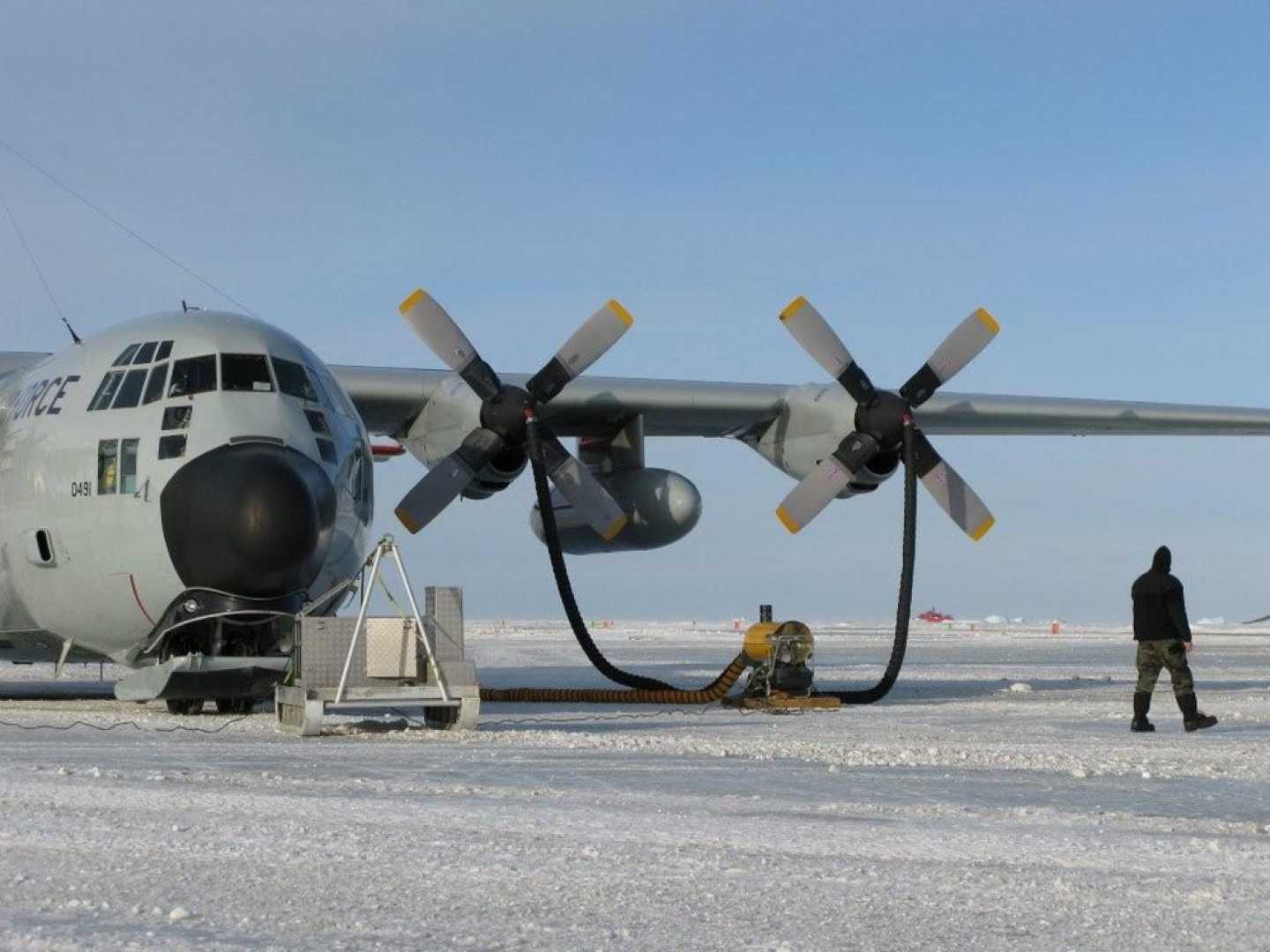News
High-Risk Medical Evacuation Mission in Antarctica Successfully Completed

CHRISTCHURCH, New Zealand — The Royal New Zealand Air Force successfully evacuated three staff members from a U.S. research base in Antarctica during a high-risk operation on August 5-6, 2025. The operation involved navigating extreme winter conditions and complete darkness.
The U.S. National Science Foundation requested the medical evacuation from McMurdo Station, located on the frozen continent, with one individual requiring urgent medical attention. The other two also needed medical care, according to officials.
The evacuation mission began with the crew of a C-130J Hercules completing the flight from New Zealand. The aircraft departed on Tuesday afternoon and flew through the night, returning to Christchurch the following morning after a nearly 20-hour round trip.
Temperatures at McMurdo Station plummeted to -24 degrees Celsius during the operation, making conditions particularly challenging. The Air Force reported that travel to Antarctica during the winter months is restricted to emergencies due to the risk posed by severe storms and unpredictable weather.
Air Commodore Andy Scott, New Zealand’s air component commander, explained the complexity of such mid-winter missions. “Although they determine it is safe, it’s still an extremely challenging environment to fly in using night vision goggles,” Scott said. “Weather conditions are highly changeable at this time of year, making accurate forecasting a challenge.”
The ground team at McMurdo Station prepared the runway by grooming the ice surface to ensure it was suitable for landing, even as the aircrew faced the risk of no available airfields for diversion once past a certain southern point.
Once the Hercules landed on the ice, the aircraft’s engines were kept running to prevent them from freezing during refueling, a procedure known as “hot refueling.” Medical personnel aboard the flight provided care to the patients during the mission.
Melissa Sweeney, the U.S. chargé d’affaires in New Zealand, expressed gratitude for the mission’s success, calling it “one of the most technically demanding operations an aircrew can face.” Sweeney noted the operation’s requirement for “absolute precision” in a challenging environment.
The successful evacuation demonstrates the critical partnership between the United States and New Zealand in Antarctic operations, with New Zealand’s Foreign Minister Winston Peters also acknowledging the professionalism and heroism of all personnel involved.












